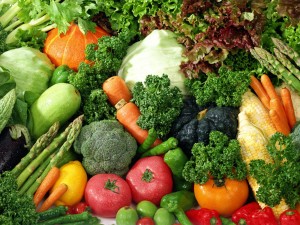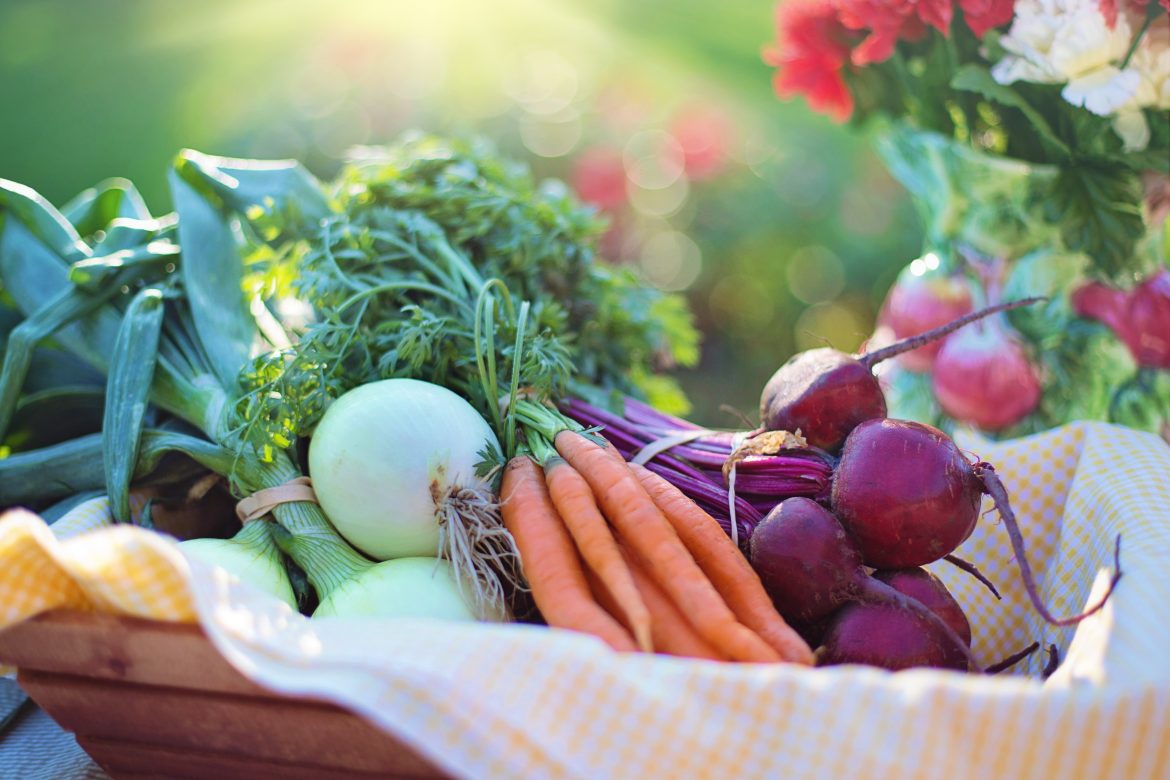 We live in a world that is increasingly dependent on pesticides and chemicals but is that the best way? What is the long term impact of those chemicals on our health and our lifestyle? Is organic better? More and more people have concerns about the ever increasing level of manmade chemical compounds in our everyday foods. All the various chemicals that are used on farms have an impact on the food we buy at our local supermarket or grocery store and in the luscious dishes we have when eating out. The constant need to drive prices down and production up puts enormous strains on the growers and farmers but is this the right way to go?
We live in a world that is increasingly dependent on pesticides and chemicals but is that the best way? What is the long term impact of those chemicals on our health and our lifestyle? Is organic better? More and more people have concerns about the ever increasing level of manmade chemical compounds in our everyday foods. All the various chemicals that are used on farms have an impact on the food we buy at our local supermarket or grocery store and in the luscious dishes we have when eating out. The constant need to drive prices down and production up puts enormous strains on the growers and farmers but is this the right way to go?
Surface pesticides are one thing – sure enough we scrub our vegetables well – but that doesn’t have any effect on the chemicals within the food. Organic foods are an alternative, or even growing your own. Whilst that might not be organic in the strictest sense of the word at least you know what you are eating and you have been able to make informed choices about what garden chemicals you use.
Detoxing is one of the current trends – why do we need to detox, it never used to be thought necessary for our health whereas now we take it for granted that it is something we should do regularly to cleanse our bodies of all the chemicals we take on board as part of our daily lives. Eating organic foods ought to reduce the need for detoxing which is never a very pleasant experience. Research is also ongoing which suggests that organically grown food has a higher nutrient value than that which is subject to fertilisers and pesticides.
So what exactly is organic? For food to be classed as organic, it should be grown free of many chemicals by way of pesticides, chemical fertilizers or the hormones that are used on animals to encourage rapid growth. Equally the plants and animals should be free of any form of genetic engineering. Organic growers and farmers have to undergo a lengthy certification procedure, over several years to ensure all their produce complies with the regulations. It is an expensive process, as is the maintenance of the registration. Whilst preparing for certification famers cannot sell their produce as organic and are subject to stringent conditions which can often cause considerable financial hardship. This results in the premiums we often pay for organic foods – but it is well worth it for the improvement in flavour and quality in my opinion. Most people who eat an organic diet as far as possible feel that they have better health, more energy and suffer from less long term illnesses. Research is underway looking at the long term benefits of an organic diet.
Most food shops and supermarkets now sell organic produce, the large supermarket chains are bowing to customer pressure and stocking an ever increasing range. This increasing market has helped to bring prices down. More and more farms are opening their own shops, selling their produce direct to the consumer and this generally provides both the best prices and the freshest food. The distance some supermarket foods travel is truly astonishing – it does neither the food, nor our environment any good.
Sometimes it is impossible to get organic foods or they are beyond your budget, in that case, buy the best that you can. A little of something good is far better than a lot of something bad! Make sure you thoroughly wash any fruit and vegetables, a good vegetable brush is inexpensive and will make sure you get rid of all the surface residue. Even if you are buying organic foods you should make sure you wash everything under running water. As a word to the wise, don’t forget to wash fruits that you peel, chemicals and germs can easily be transferred from the skin to your hands and into your mouth!
